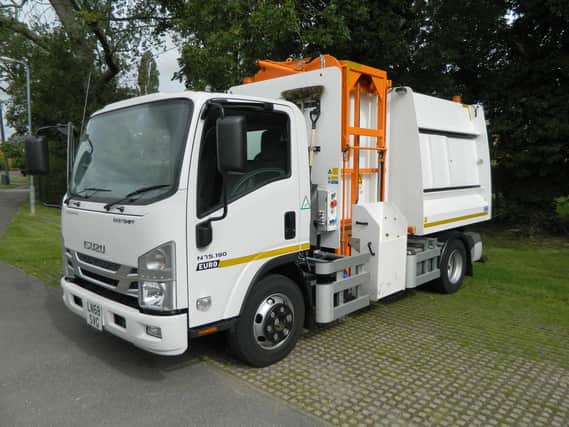South Kesteven District Council considers results of food waste recycling trial


A total of 1,137 tonnes of unwanted food was collected from South Kesteven homes during a four-year trial.Rather than being thrown away into a landfill, they were take to an anaerobic digestion plant which produces biogas and soil conditioner.In the past year alone, 203 tonnes of food was picked up, with each home tossing out an average of around 93kg annually.The trial began in 2018, although there was slight drop-off in food waste collected during the pandemic.
The trial collected food waste from selected homes in several villages including Rippingale near Sleaford, as well as Grantham, Stamford, Bourne and The Deepings.
Advertisement
Advertisement
Each household was given one container for the kitchen and another for outdoors, with this being collected weekly. Around 80 per cent of households participated initially, which declined as time went on.
The report into the scheme has been published as the government is considering requiring making food waste collection compulsory for all councils.
It is estimated continued weekly food waste collections would cost £952,000 to £1,301,000 every year for the district, which could rise as petrol prices increase.
“The weight of food waste collected each month remained consistent over the first two years of the trial period, averaging 26 tonnes per month,” the report says.
Advertisement
Advertisement
“Although food waste collections continued during the COVID-19 pandemic restrictions, the amount of food waste collected reduced. Aligned to this, the amount of mixed dry recycling and residual waste increased significantly over the same period.
“This may be related to the restrictions placed on individuals resulting in them spending more time at home and revised arrangements at household recycling centres.”
While anaerobic digestion is not considered recycling, the council says it is preferable to the food ending up in landfill.
The report was discussed at South Kesteven’s Environment Scrutiny Committee on Tuesday.
